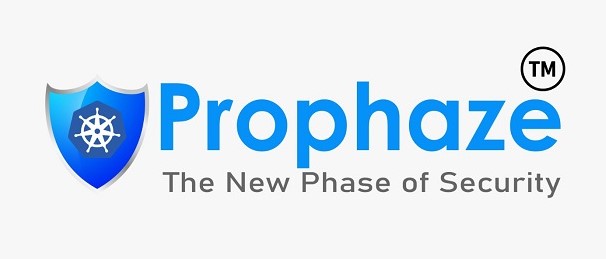Prophaze Technologies, a leading cybersecurity company headquartered in Technopark in Thiruvananthapuram, has successfully neutralized a series of large-scale Distributed Denial of Service (DDoS) attacks targeting India’s high-value installations during the recent stand-off with Pakistan.
The AI-powered Web Application and API Protection (WAAP) platform by Prophaze, deployed across key sectors, played a vital role in countering cyberattacks aimed at disrupting major installations like airports and financial institutions.
DDoS means disruption of the traffic of websites or networks with an overwhelming amount of Internet traffic, like traffic snarls.


Between May 5 and 9, multiple waves of DDoS attacks were detected from globally distributed botnets with traffic volumes peaking at 85 million malicious requests within a 10-hour window on May 9, signaling a dramatic escalation in cyber threats targeting India’s critical infrastructure.
Hacktivist groups such as AnonSec, Sylhet Gang (SG), and Dienet publicly claimed responsibility for attempting to take down Indian government services.
Mr. Vaisakh T. R., CEO & Founder, Prophaze, said, “Despite the scale and aggression of these attacks, there was zero downtime. All systems remained operational—denying attackers the disruption they intended.”
“The first wave hit late on May 5, targeting a major Indian airport. Prophaze’s threat intelligence team identified consistent track IP patterns and unusual behaviors in real time, spanning globally,” he said.
This wasn’t the first time Prophaze safeguarded national infrastructure. In April 2023, large-scale DDoS attacks on six major Indian airports and hospitals were neutralized through Prophaze’s intelligent Layer 7 mitigation systems, minimizing disruption and restoring operations swiftly. Hacker group Anonymous Sudan had targeted the websites of major airports and hospitals, attempting to cause DDoS at these establishments.
According to Ms. Lakshmi Das, COO & Co-founder of Prophaze, this recent attack was significantly more intense than the campaign by Anonymous Sudan in 2023. Ms. Das said, “We had already implemented proactive defenses leveraging our deployments within the sector, giving us a strategic edge to respond instantly and effectively.”
In this latest attack, geo-fencing, IP profiling, and behavioral analysis enabled the startup to isolate and neutralize the latest threat in record time. By identifying repeated fingerprinting patterns across globally distributed botnets and applying custom WAF rules with real-time anomaly detection, the platform halted the attack within hours.















